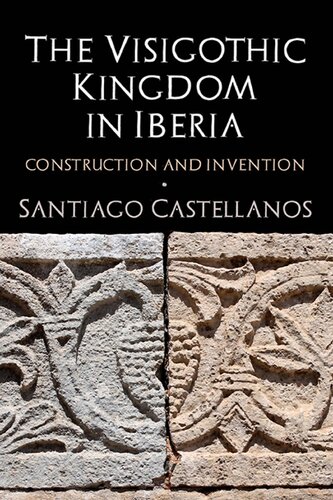

Most ebook files are in PDF format, so you can easily read them using various software such as Foxit Reader or directly on the Google Chrome browser.
Some ebook files are released by publishers in other formats such as .awz, .mobi, .epub, .fb2, etc. You may need to install specific software to read these formats on mobile/PC, such as Calibre.
Please read the tutorial at this link: https://ebookbell.com/faq
We offer FREE conversion to the popular formats you request; however, this may take some time. Therefore, right after payment, please email us, and we will try to provide the service as quickly as possible.
For some exceptional file formats or broken links (if any), please refrain from opening any disputes. Instead, email us first, and we will try to assist within a maximum of 6 hours.
EbookBell Team

4.8
94 reviewsThe structures of the late ancient Visigothic kingdom of Iberia were rooted in those of Roman Hispania, Santiago Castellanos argues, but Catholic bishops subsequently produced a narrative of process and power from the episcopal point of view that became the official record and primary documentation for all later historians. The delineation of these two discrete projects―of construction and invention―form the core of The Visigothic Kingdom in Iberia.
Castellanos reads documents of the period that are little known to many Anglophone scholars, including records of church councils, sermons, and letters, and utilizes archaeological findings to determine how the political system of elites related to local communities, and how the documentation they created promoted an ideological agenda. Looking particularly at the archaeological record, he finds that rural communities in the region were complex worlds unto themselves, with clear internal social stratification little recognized by the literate elites.